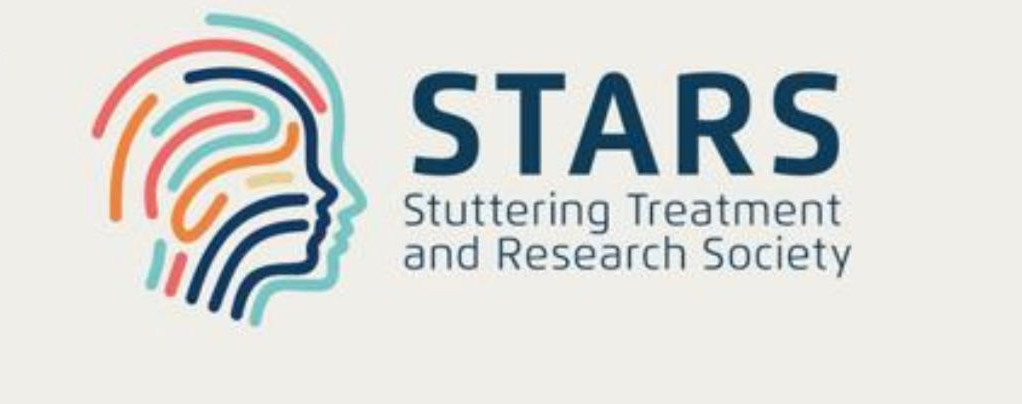
The Process of Diagnosing Stuttering and Implementing Early Intervention: Gerald Maguire, MD

The president and founder of the Stuttering Treatment and Research Society highlighted the significance of interdisciplinary care for both children and adults with stuttering. [WATCH TIME: 5 minutes]
WATCH TIME: 5 minutes | Captions are auto-generated and may contain errors.
"This is our first year as a nonprofit volunteer organization leading efforts to uncover the neurobiology of stuttering, develop better neuroscience-based treatments for this condition, and raise awareness among all health care professionals. The goal is to work as an interdisciplinary team with early intervention to help both children and adults who stutter."
Research conducted over the past few decades has expanded clinicians’ understanding of the nature of stuttering; a speech disorder historically once regarded as a medical enigma. Currently, it is widely recognized as a complex neurodevelopmental condition, though several remain regarding its underlying biological mechanisms. A clarified explanation linking biological factors to speech behaviors has not yet been established. These knowledge gaps have limited the development of interventions, potentially highlighting the need for effective treatments that help patients with stuttering communicate more freely, effortlessly, and authentically.1
To advance clinical practice for the care of stuttering, the inaugural
In honor of International Stuttering Awareness Day, held October 22, 2025, NeurologyLive® spoke with Maguire, who emphasized that stuttering is often misunderstood and underrecognized, even among health care professionals. He noted that diagnosis requires careful evaluation, consideration of coexisting neuropsychiatric conditions, and collaboration with speech-language pathologists. Maguire, who also serves as the director of residency training in Psychiatry at College Medical Center in Long Beach, California, talked about how emerging research suggests that a subset of stuttering cases may have an immune or inflammatory component as well as discussed promising pharmacologic approaches.
REFERENCES
1. Chang SE, Below JE, Chow HM, et al. Stuttering: Our Current Knowledge, Research Opportunities, and Ways to Address Critical Gaps. Neurobiol Lang (Camb). 2025;6:nol_a_00162. Published 2025 Apr 2. doi:10.1162/nol_a_00162
2. STARS (Stuttering Treatment and Research Society) Announces Successful Inaugural Research & Education Conference. News release. Stuttering Treatment and Research Society. September 18, 2025. Accessed October 21, 2025. https://www.prnewswire.com/news-releases/stars-stuttering-treatment-and-research-society-announces-successful-inaugural-research--education-conference-302559900.html
Newsletter
Keep your finger on the pulse of neurology—subscribe to NeurologyLive for expert interviews, new data, and breakthrough treatment updates.










